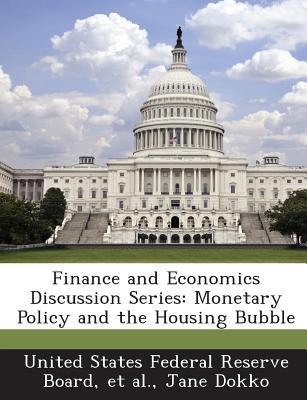Question
QUESTION 3 The capital budget is a summary of planned investments of assets that will last for more than a year, and capital budgeting is
QUESTION 3
The capital budget is a summary of planned investments of assets that will last for more than a year, and capital budgeting is the whole process of analyzing projects and deciding which ones to accept. An important responsibility of a capital-budgeting analyst is determining which projects or investments a firm should undertake.
Suppose you are a new capital-budgeting analyst for a company considering investments in the eight projects listed in Exhibit 1. The Chief Executive Officer of your company has asked you to prepare a detailed report, rank the projects and recommend the four best projects that the company should accept. The CEO has further declared that the maximum capital budget of the company as $8,000,000.
In this analysis, only the quantitative considerations are relevant. No other project characteristics are deciding factors in the selection, except that management has determined that projects 7 and 8 are mutually exclusive.
All the projects require the same initial investment of $2 million. Moreover, all are believed to be of the same risk class. The firms weighted average cost of capital has never been estimated. In the past, analysts have simply assumed that 10% was an appropriate discount rate. However, certain officers of the company have recently stated that the discount rate should be much higher.
The company has the following capital structure, which it considers to be optimal. The current tax rate is 32%.
Capital structure %
Debt capital 25%
Preferred stock capital 10%
Common equity capital 65%
The cost of each source of finance is as follows: %
The interest rate on the companys debt (before tax) 10%
The cost of preferred stocks 12%
The cost of common equity 14%
To stimulate your analysis, consider the following questions:
1. Can you rank the projects simply by inspecting the cash flows?
2. What criteria might you use to rank the projects? Which capital budget ranking methods are better? Why?
3. What is the ranking you found by using capital budget ranking methods? Does this ranking differ from the ranking obtained by simple/non-discounted capital budgeting techniques? If yes, describe why.
4. Is it suitable to use the company analysts assumption of a 10% discount rate for evaluations? If not, what discount rate should be used? Why?
5. What combination of projects maximizes shareholder wealth? How?
EXHIBIT 1 | Projects after-tax Net Cash Flows (US$ in thousands)
Project No 1 2 3 4 5 6 7 8 Initial Investment (2,000) (2,000) (2,000) (2,000) (2,000) (2,000) (2,000) (2,000) Year 1 330 1,666 270 313 2,240 1,200 (350) Year 2 330 334 300 313 900 (60) Year 3 330 230 350 313 300 60 Year 4 330 395 313 190 350 Year 5 330 432 313 70 850 Year 6 330 440 313 1,450 Year 7 330 442 313 2,350 Year 8 1,400 444 313
Year 9 446 313
Year 10 448 313
Year 11 450 313
Year 12 451 313
Year 13 451 313
Year 14 452 313
Year 15 13,100 (2,000) 313
The sum of net cash flow
Excess cash flow over the
Investment
3,710 2,230 13,100 3,771 4,695 2,240 2,660 4,650 1,710 230 11,100 1,771 2,695 240 660 2,650
Assume all receipts and payments are occurring at the year-end to which they relate and ignore inflation. Attach your workings to the analysis.
(1000 words 40 marks)
Step by Step Solution
There are 3 Steps involved in it
Step: 1

Get Instant Access to Expert-Tailored Solutions
See step-by-step solutions with expert insights and AI powered tools for academic success
Step: 2

Step: 3

Ace Your Homework with AI
Get the answers you need in no time with our AI-driven, step-by-step assistance
Get Started


